It’s not about ‘dominating the industry’ — it’s about cooperation
I was asked recently how I got into nonprofit work. I heard myself say it always starts with rebellion, followed by dissatisfaction, which gives way to hope. I am looking at a media future knowing we need to be master jugglers of all three.
Rebellion provides valuable fuel — innovation, creativity, and democracy itself depends on it. A refusal to conduct business as usual is where seeds of change are planted. As we emerge from the confines of the pandemic, where will our rebellious spirit lead? Will fear and uncertainty keep us close to familiar comforts? Will we lock arms with strangers to make the world a better place? Will the business of media and politics be upended by rebellious upstarts who see things differently?
As the energy of rebellion loses steam, dissatisfaction can provide needed clarity as we look ahead. At PRX, we are focused on a healthy public media and podcasting ecosystem. And we are dissatisfied with the current realities:
- Big media platforms continue to undermine traditional revenue models while raising concerns about privacy, truth, and civic dialogue.
- Major for-profit outlets will continue to extract value rather than nourish a vibrant information ecosystem, using language like “dominate the industry.”
- Public trust has eroded due to the proliferation of disinformation, fake, and hyperpartisan news.
- More high-quality content will disappear behind paywalls, widening the disconnect between the informative haves and have-nots. Revenue demands will continue to win over reaching underserved audiences.
- The ability to collect, process, and use data effectively will be a competitive differentiator favoring highly capitalized, privacy-averse, digital-savvy companies.
While its audience remains large and influential, public media struggles to connect with younger and more representative audiences — in both content and form.
- A divided political climate means that funding for public media will remain under threat, inhibiting bold choices.
- The millionaire culture in media, driven by consolidation, favors the already successful.
So where does hope come in?
Major platforms such as Apple and Spotify, which nonprofit, independent, and commercial podcasters alike use and collaborate with to reach established and new audiences, created new subscription options expanding options for show monetization.
Podcasts have moved from niche to mainstream — recognized with prestigious journalism awards and exponential audience growth. Multiple popular podcasts are being adapted for television, including the PBS Kids show Molly of Denali, which was introduced to audiences as a podcast prequel. NPR recently announced the distribution of the How I Built This podcast to a broadcaster based in Japan.
The demand for what public media does best — provide free access to high quality, substantive reporting and exploration of themes that go beyond the realm of commercial media — remains great.
Beyond a narrow network of institutions, we see public media as a more dynamic, expansive community of independent producers and organizations working to create media in the public interest — one that serves the public beyond commercial incentives. As the audience for on-demand content surges, and as technologies and new markets better enable its production, we have a radical opportunity to democratize media — opening a frequently closed system to new voices, ideas, technologies, and audiences.
A revitalized public media — more representative and relevant — may not be able to compete with commercial media on access to capital, but it can win on trust, quality, empathy, and engagement.
Hope can link our past, present, and future. A few years ago, when American public broadcasting was celebrating 50 years, one detail in the early history stuck with me. Back in 1967, commercial broadcasters stepped up. Instead of treating the emerging public system as a competitor, Frank Stanton, then the president of CBS, pledged $1 million and said: “With [this $1 million check] go CBS’s best wishes for the immediate and lasting success…in fulfilling the great promise public broadcasting holds for this nation.”
Innovation can be a rebellious approach to solving the right problem. It can also come from partnerships connected by shared values. Hope isn’t tied to a particular outcome. In some ways, it is a signal of movement, the belief, and the trust that we can do better.
Kerri Hoffman is CEO of PRX.
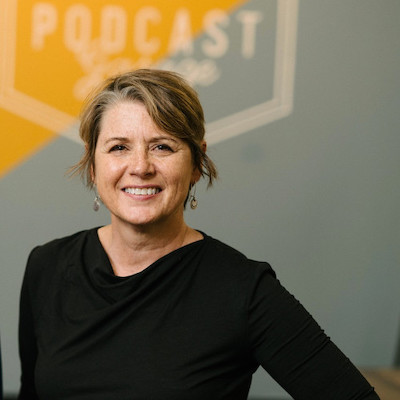
I was asked recently how I got into nonprofit work. I heard myself say it always starts with rebellion, followed by dissatisfaction, which gives way to hope. I am looking at a media future knowing we need to be master jugglers of all three.
Rebellion provides valuable fuel — innovation, creativity, and democracy itself depends on it. A refusal to conduct business as usual is where seeds of change are planted. As we emerge from the confines of the pandemic, where will our rebellious spirit lead? Will fear and uncertainty keep us close to familiar comforts? Will we lock arms with strangers to make the world a better place? Will the business of media and politics be upended by rebellious upstarts who see things differently?
As the energy of rebellion loses steam, dissatisfaction can provide needed clarity as we look ahead. At PRX, we are focused on a healthy public media and podcasting ecosystem. And we are dissatisfied with the current realities:
- Big media platforms continue to undermine traditional revenue models while raising concerns about privacy, truth, and civic dialogue.
- Major for-profit outlets will continue to extract value rather than nourish a vibrant information ecosystem, using language like “dominate the industry.”
- Public trust has eroded due to the proliferation of disinformation, fake, and hyperpartisan news.
- More high-quality content will disappear behind paywalls, widening the disconnect between the informative haves and have-nots. Revenue demands will continue to win over reaching underserved audiences.
- The ability to collect, process, and use data effectively will be a competitive differentiator favoring highly capitalized, privacy-averse, digital-savvy companies.
While its audience remains large and influential, public media struggles to connect with younger and more representative audiences — in both content and form.
- A divided political climate means that funding for public media will remain under threat, inhibiting bold choices.
- The millionaire culture in media, driven by consolidation, favors the already successful.
So where does hope come in?
Major platforms such as Apple and Spotify, which nonprofit, independent, and commercial podcasters alike use and collaborate with to reach established and new audiences, created new subscription options expanding options for show monetization.
Podcasts have moved from niche to mainstream — recognized with prestigious journalism awards and exponential audience growth. Multiple popular podcasts are being adapted for television, including the PBS Kids show Molly of Denali, which was introduced to audiences as a podcast prequel. NPR recently announced the distribution of the How I Built This podcast to a broadcaster based in Japan.
The demand for what public media does best — provide free access to high quality, substantive reporting and exploration of themes that go beyond the realm of commercial media — remains great.
Beyond a narrow network of institutions, we see public media as a more dynamic, expansive community of independent producers and organizations working to create media in the public interest — one that serves the public beyond commercial incentives. As the audience for on-demand content surges, and as technologies and new markets better enable its production, we have a radical opportunity to democratize media — opening a frequently closed system to new voices, ideas, technologies, and audiences.
A revitalized public media — more representative and relevant — may not be able to compete with commercial media on access to capital, but it can win on trust, quality, empathy, and engagement.
Hope can link our past, present, and future. A few years ago, when American public broadcasting was celebrating 50 years, one detail in the early history stuck with me. Back in 1967, commercial broadcasters stepped up. Instead of treating the emerging public system as a competitor, Frank Stanton, then the president of CBS, pledged $1 million and said: “With [this $1 million check] go CBS’s best wishes for the immediate and lasting success…in fulfilling the great promise public broadcasting holds for this nation.”
Innovation can be a rebellious approach to solving the right problem. It can also come from partnerships connected by shared values. Hope isn’t tied to a particular outcome. In some ways, it is a signal of movement, the belief, and the trust that we can do better.
Kerri Hoffman is CEO of PRX.
Anthony Nadler

Jonas Kaiser

Anita Varma
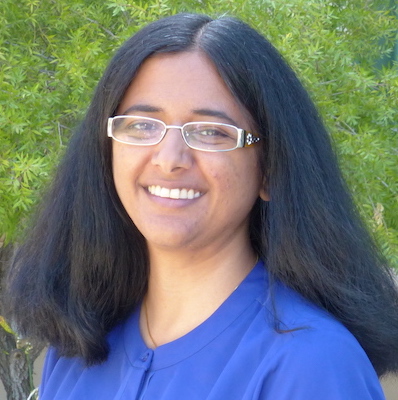
Catalina Albeanu

Juleyka Lantigua

Don Day

Tom Trewinnard
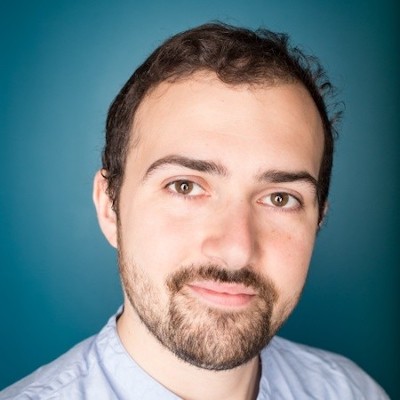
Shalabh Upadhyay
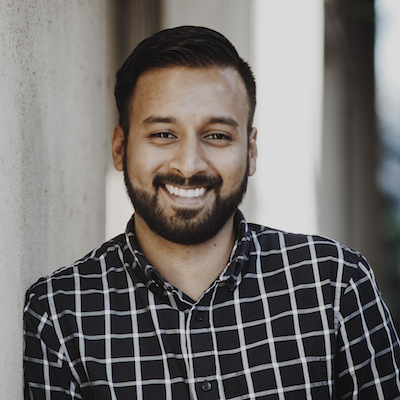
Amy Schmitz Weiss
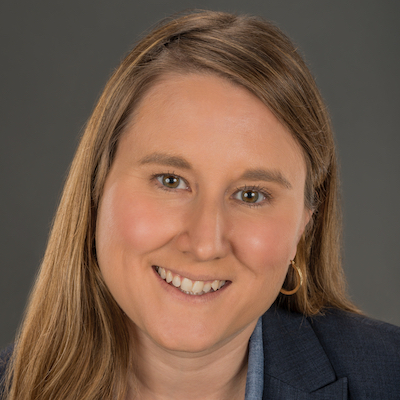
Mandy Jenkins

Joe Amditis

James Salanga

Sarah Marshall

Kristen Jeffers
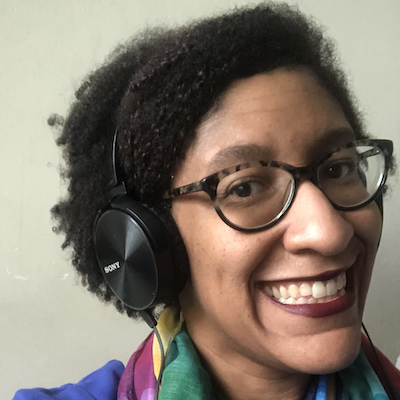
Jesenia De Moya Correa
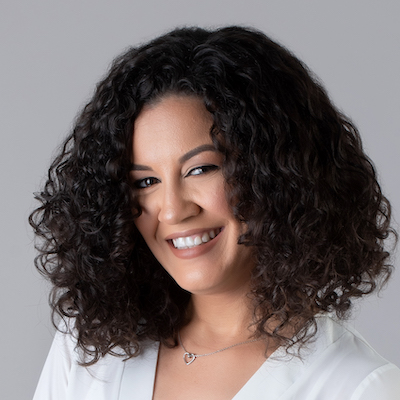
Rachel Glickhouse

Chase Davis

Zizi Papacharissi
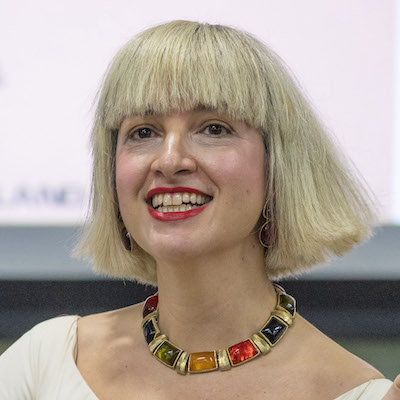
Tony Baranowski

Natalia Viana

Laxmi Parthasarathy
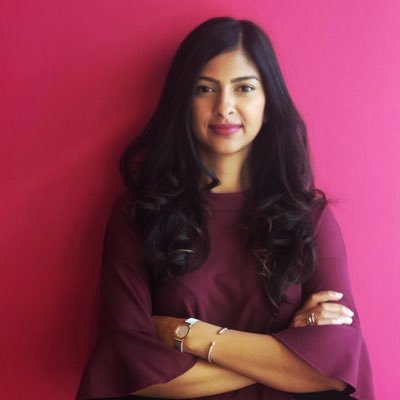
Andrew Freedman

Amara Aguilar

Jesse Holcomb

A.J. Bauer

Joy Mayer

Raney Aronson-Rath
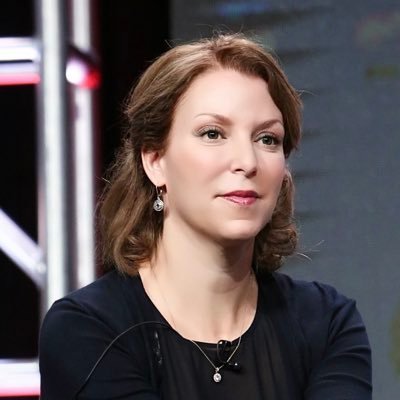
Julia Munslow

Joni Deutsch

Kathleen Searles Rebekah Trumble

Julia Angwin
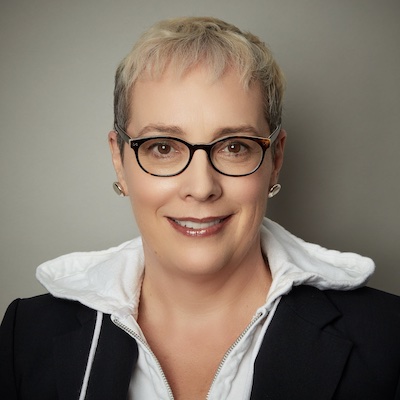
Millie Tran

Melody Kramer

Michael W. Wagner

Moreno Cruz Osório

Simon Galperin

Chicas Poderosas

Joshua P. Darr
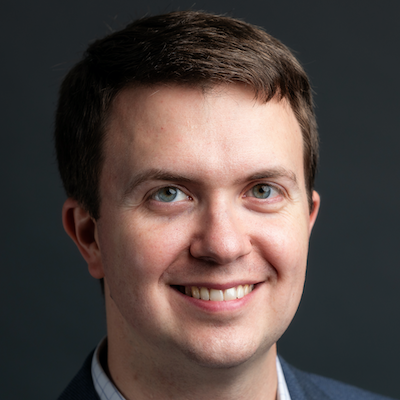
Jennifer Coogan
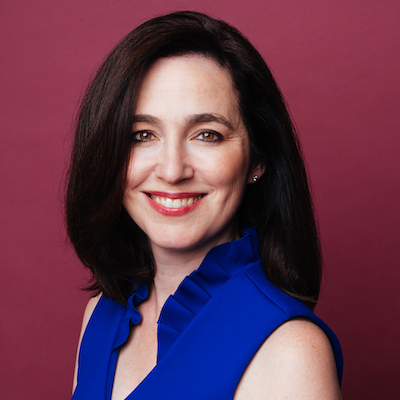
Ståle Grut

Cherian George
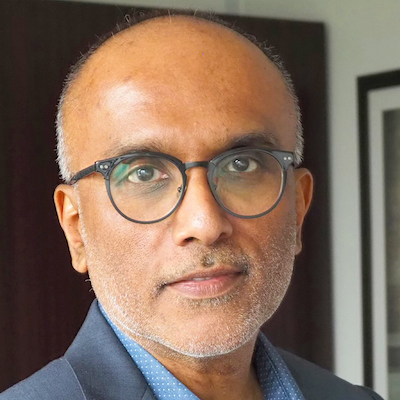
Ariel Zirulnick
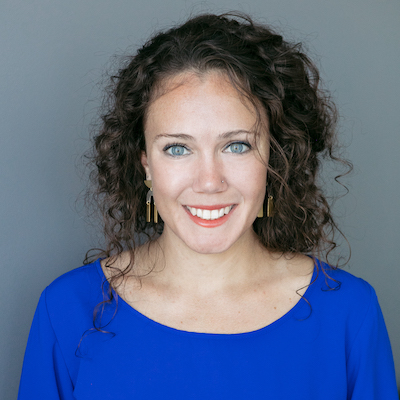
Izabella Kaminska
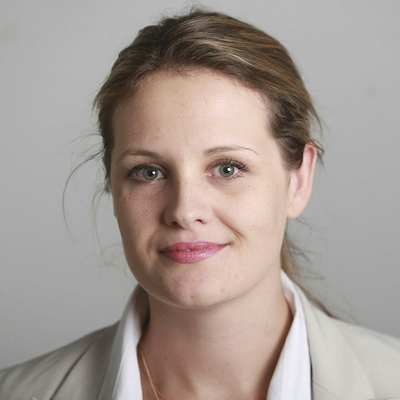
Kendra Pierre-Louis

AX Mina

David Cohn

Parker Molloy

Mike Rispoli
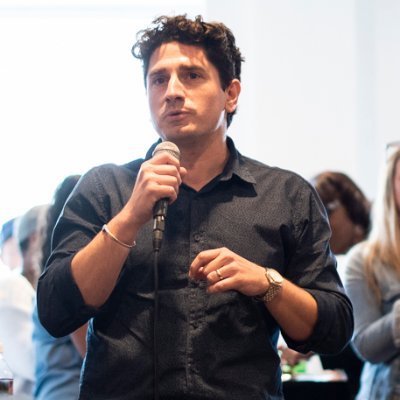
Matt Karolian
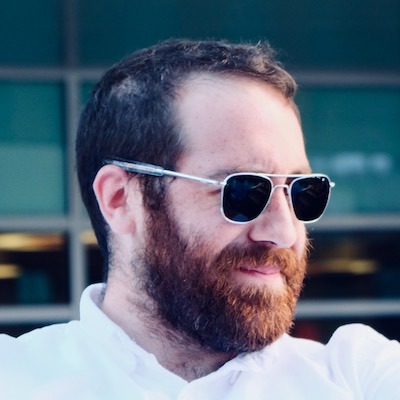
Brian Moritz

Richard Tofel

Anika Anand

Matthew Pressman

Jody Brannon

Gabe Schneider

Eric Nuzum

Sam Guzik

Errin Haines

Meena Thiruvengadam
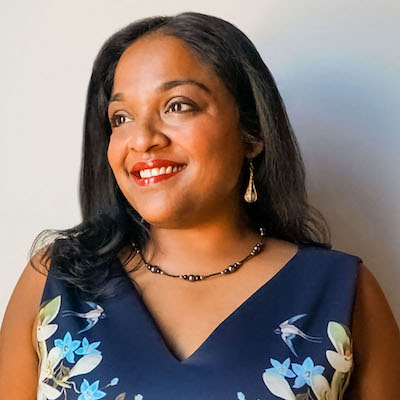
David Skok
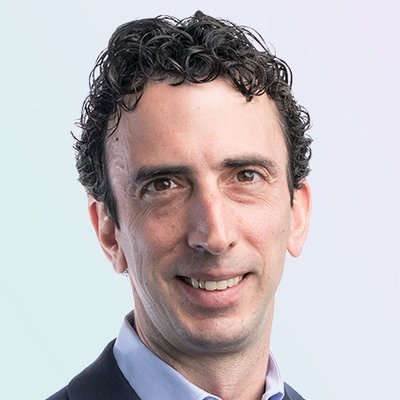
Wilson Liévano
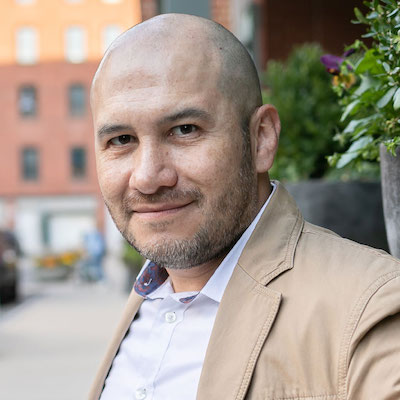
Stefanie Murray

Victor Pickard

Mario García
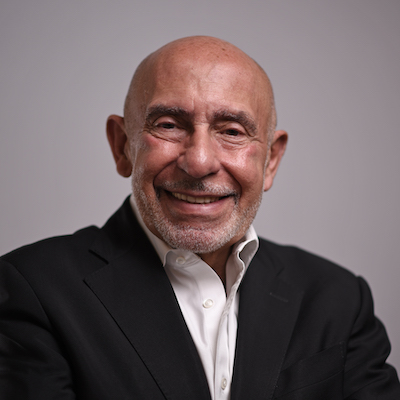
Gonzalo del Peon

Nik Usher

Rasmus Kleis Nielsen

Larry Ryckman

Christoph Mergerson
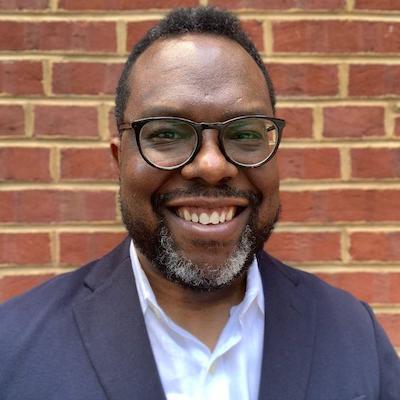
Kristen Muller
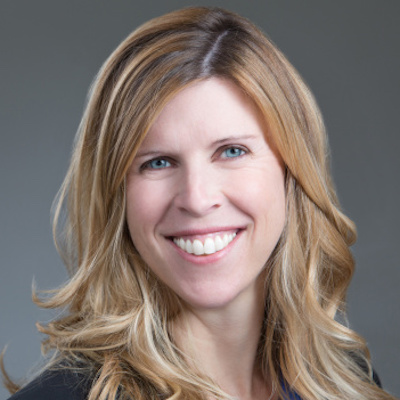
Cindy Royal

John Davidow

Kerri Hoffman

Francesco Zaffarano
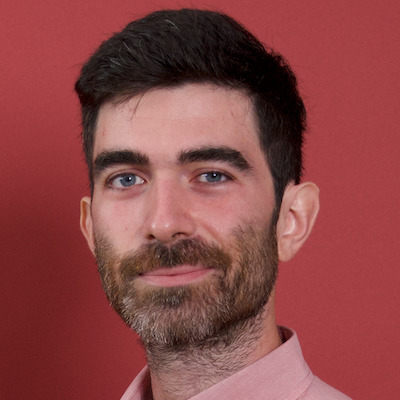
Shannon McGregor Carolyn Schmitt

Sarah Stonbely

Tamar Charney
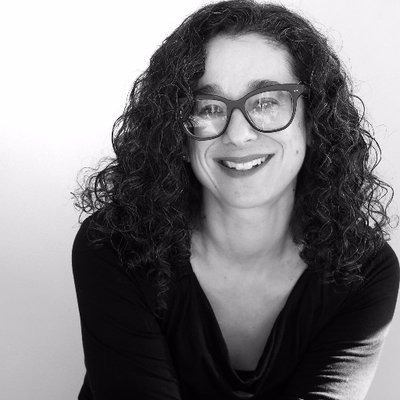
Gordon Crovitz

Candace Amos
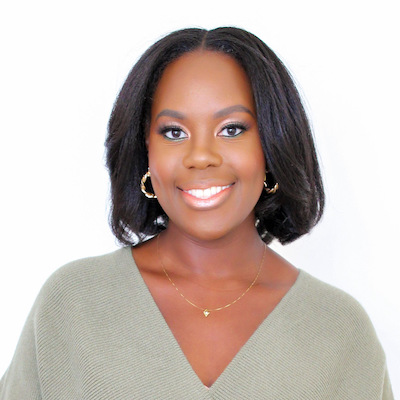
Alice Antheaume
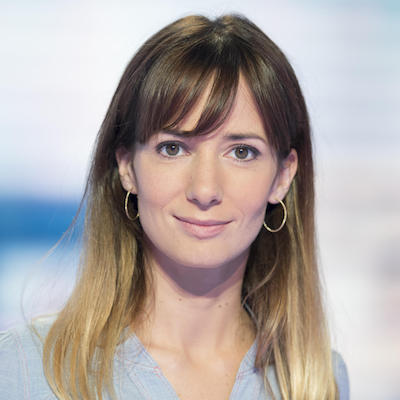
Cristina Tardáguila
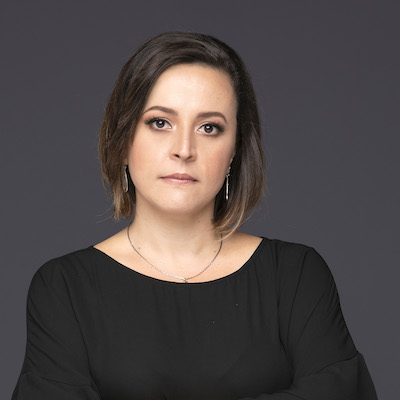
Robert Hernandez
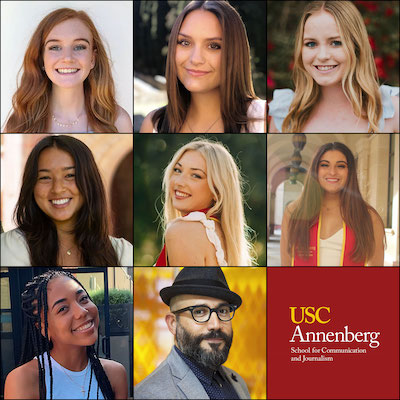
Jessica Clark

Megan McCarthy

Doris Truong

Joanne McNeil

Jennifer Brandel

j. Siguru Wahutu
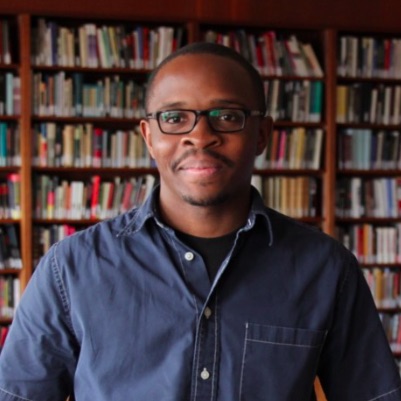
Daniel Eilemberg

Stephen Fowler

Mary Walter-Brown

Simon Allison

Christina Shih

James Green

Matt DeRienzo
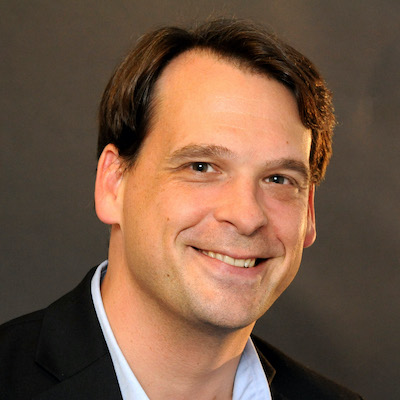
S. Mitra Kalita
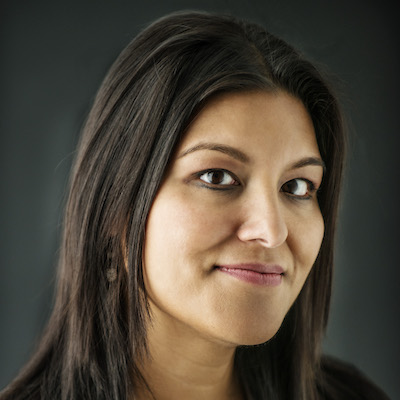
Burt Herman
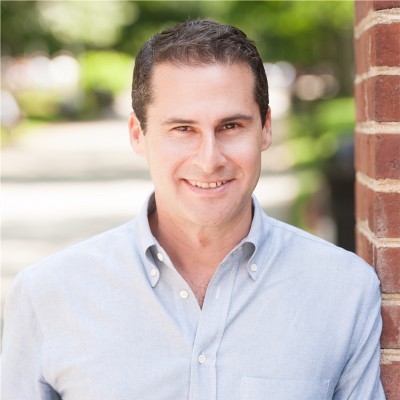
Jim Friedlich
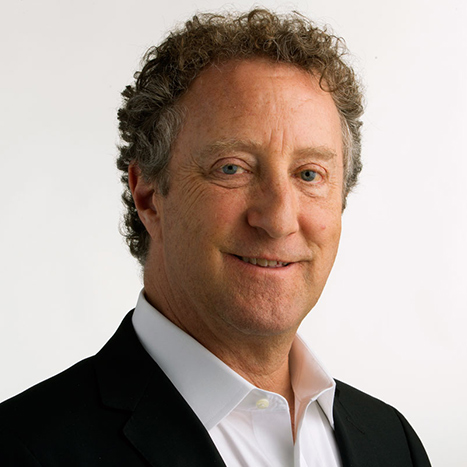
Whitney Phillips

Paul Cheung
